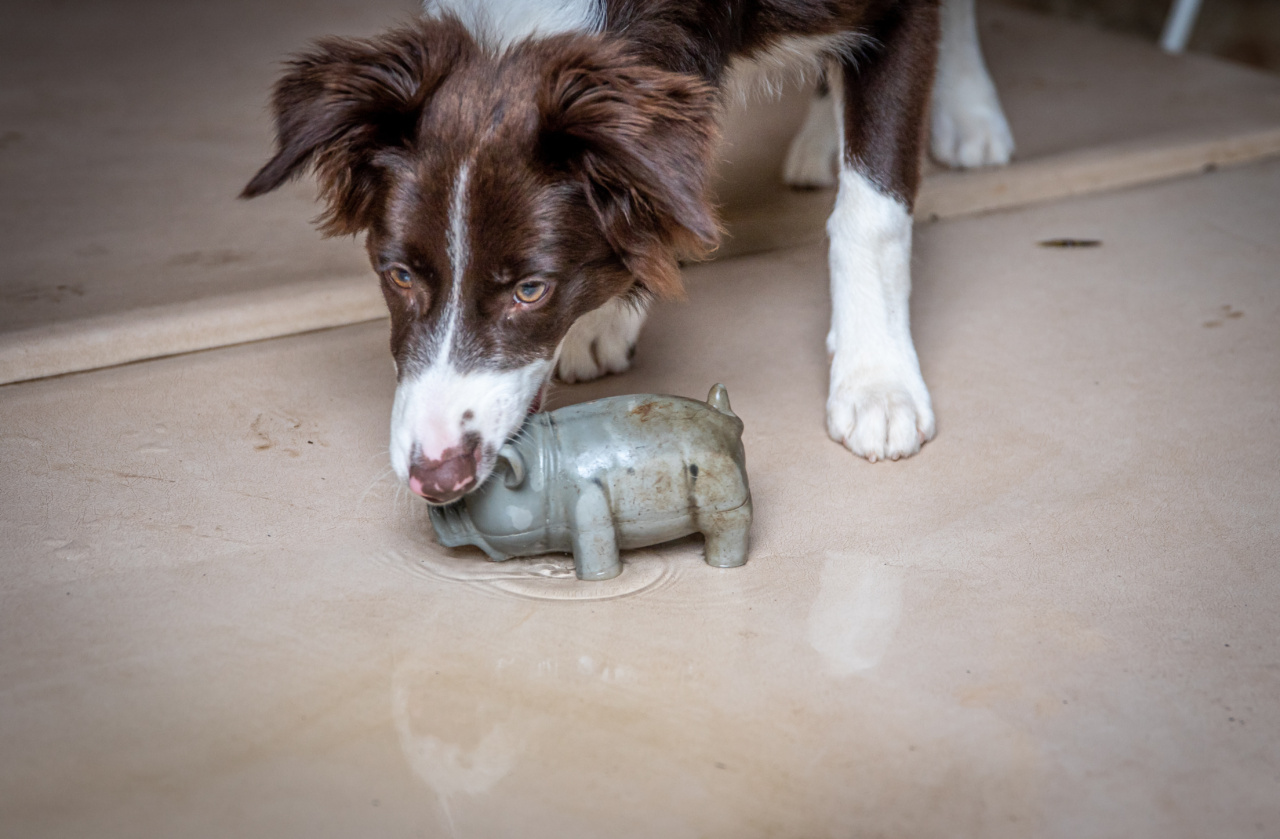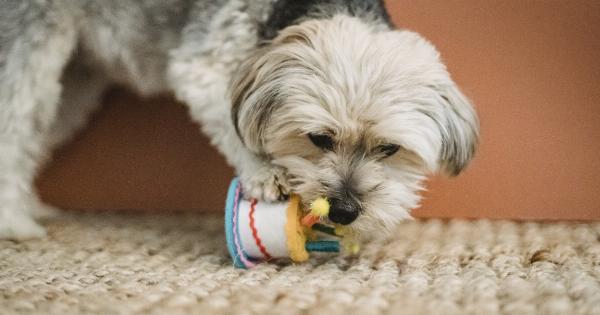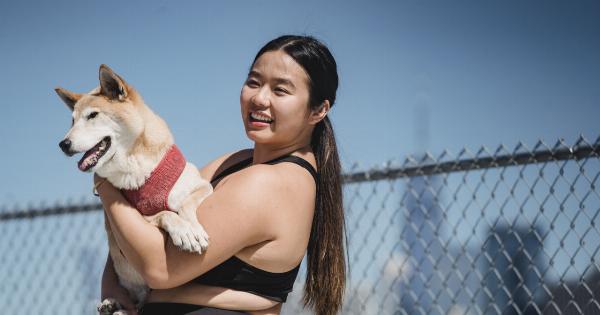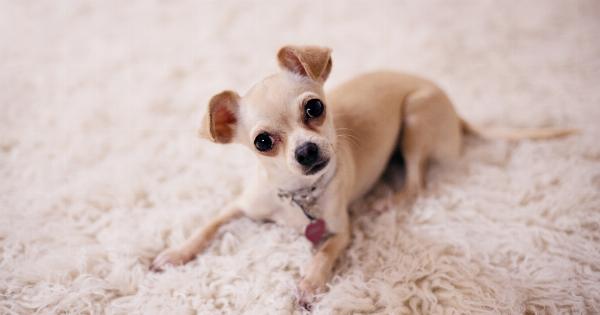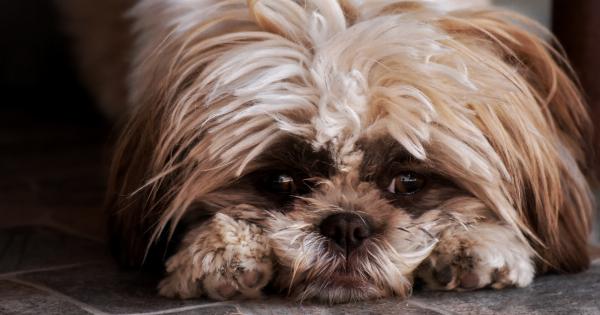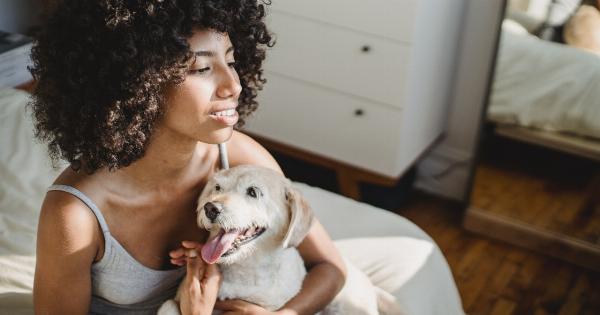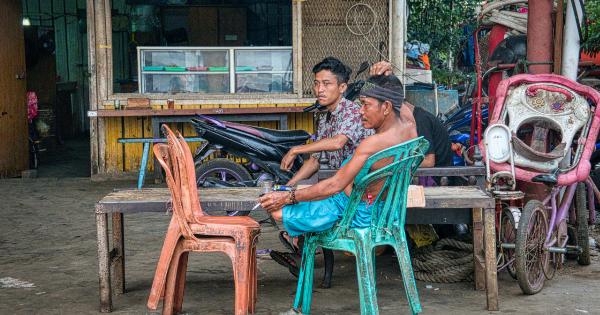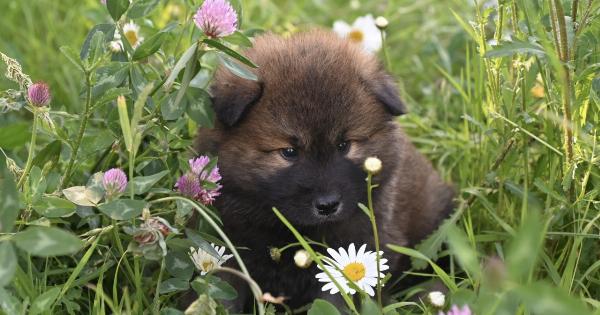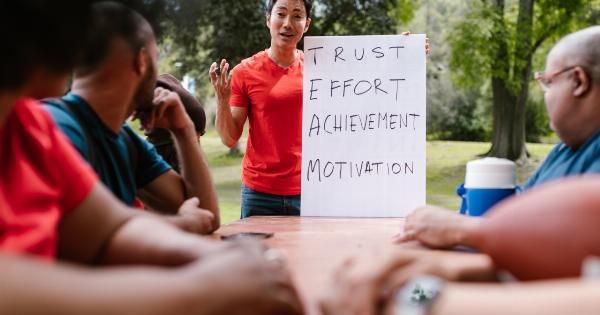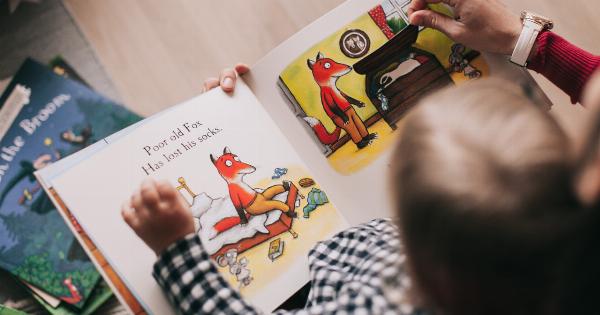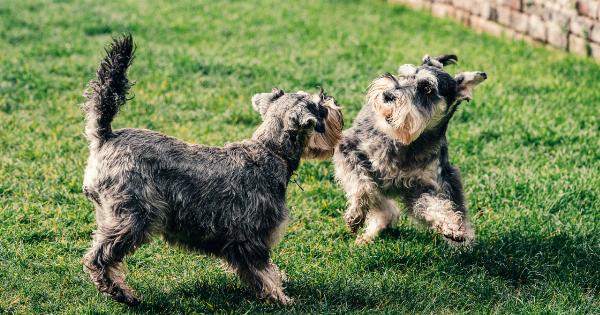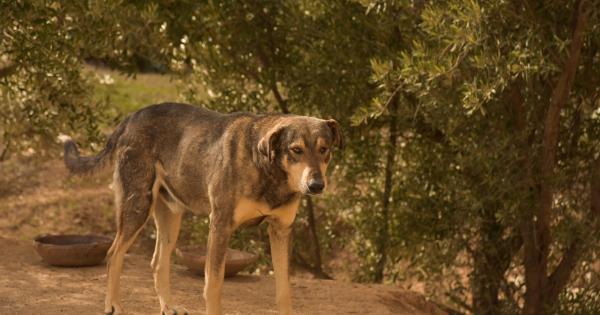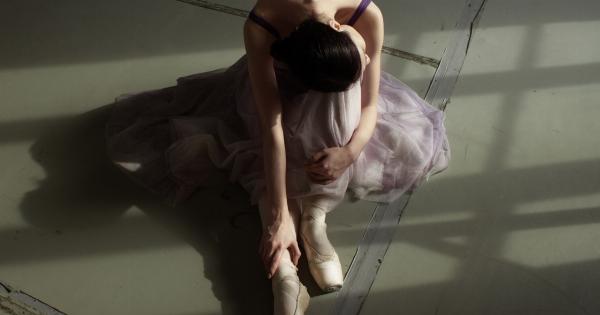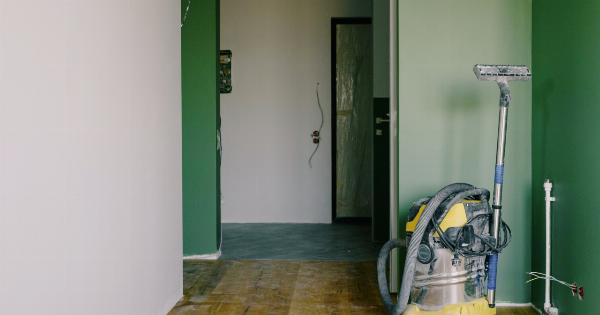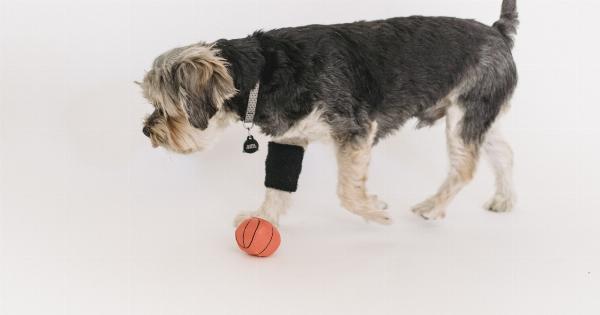One of the joys of getting a new puppy is watching them explore and play. However, along with all the cuteness and fun, puppies often engage in play biting.
This behavior is completely normal and natural for them, but it’s essential to understand and address it appropriately to prevent any issues as they grow older. In this article, we will discuss why puppies play bite, how to differentiate between play biting and aggressive biting, and effective methods to prevent and redirect this behavior.
Why do puppies play bite?
Play biting is a typical behavior observed in puppies as they go through the teething stage and learn about their environment. It is a way for them to explore and interact with the world around them.
When puppies play bite, they are essentially practicing their hunting skills and learning bite inhibition, which is crucial for their future interactions with other dogs and humans.
Puppies also use play biting as a means of communication. Through gentle nips and bites, they signal their desire to play and engage with their littermates or owners.
Additionally, play biting often occurs when puppies are overexcited or seeking attention.
Differentiating between play biting and aggressive biting
While play biting is a normal behavior, it is vital to differentiate it from aggressive biting. Aggressive biting is characterized by intense, forceful bites, growling, and a stiff body posture.
Play biting, on the other hand, is typically gentler, accompanied by wagging tails, and a loose and relaxed body. Understanding these differences will help you determine the appropriate steps to address the behavior.
Effective methods to prevent play biting
1. Socialization: Early and proper socialization of puppies is crucial to prevent play biting.
By exposing them to different people, animals, and environments in a positive and controlled manner, puppies learn how to interact appropriately without resorting to excessive biting during play.
2. Bite inhibition training: Teach your puppy bite inhibition by reacting appropriately when play biting occurs. Let out a high-pitched yelp or say “ouch” loudly to mimic how other puppies would react if they were hurt during play.
This will help your puppy understand that their biting is too hard and that it causes discomfort. Gradually, they will start to inhibit the force of their bites.
3. Provide appropriate chew toys: Puppies have a natural instinct to chew, especially during the teething stage. To redirect their biting behavior, offer a variety of suitable chew toys that they can focus on instead.
This will help satisfy their need to bite and explore while protecting your hands and furniture from potential damage.
4. Positive reinforcement: Use positive reinforcement techniques to reward your puppy when they refrain from biting or redirect their biting onto appropriate objects. Treats, praise, and playtime can be powerful motivators to encourage desired behavior.
5. Time-outs: If your puppy becomes too excited or bites excessively during play, consider implementing short time-outs to help them calm down and understand that biting leads to the cessation of play.
This will teach them that play can only continue when they engage in appropriate behavior.
6. Consistency and patience: Consistency is key when addressing play biting. Ensure everyone in the household follows the same rules and techniques to prevent confusion for your puppy.
Be patient and understanding, as puppies need time to learn and adjust their behavior.
Seeking professional help
If your puppy continues to exhibit excessive play biting or shows signs of aggressive biting, it is advisable to seek guidance from a professional dog trainer or veterinarian.
They can provide personalized advice and address any underlying issues that might be contributing to the behavior.
Conclusion
Understanding and preventing play biting is an essential part of raising a well-behaved and socially adept puppy.
By being aware of the reasons behind play biting and implementing appropriate training methods, you can steer your puppy towards healthier and more appropriate play behaviors. Remember, patience and consistency are key, and seeking professional help is always an option when needed.
